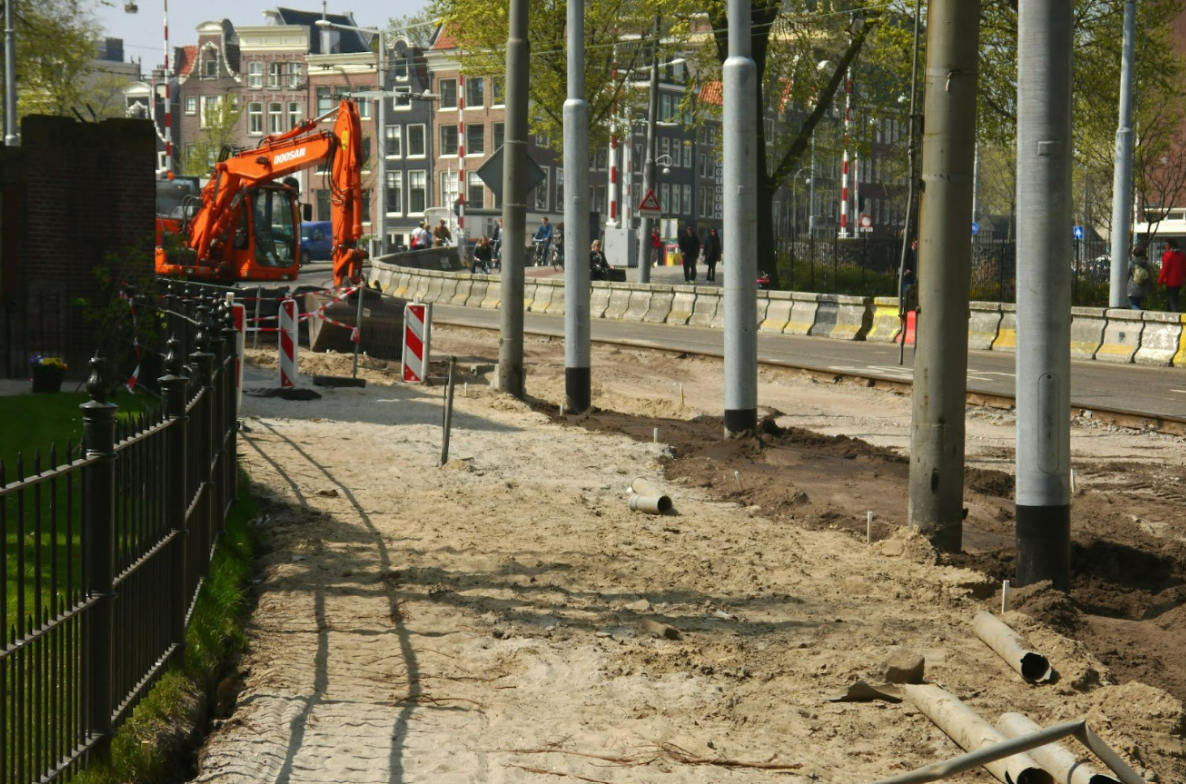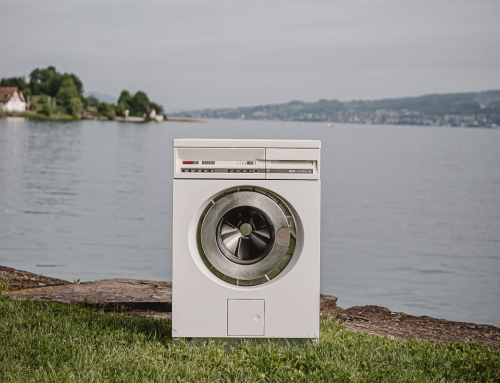Construction and demolition activities contribute more than 40% of Australia’s total waste – much of which includes recyclable metals. That’s a staggering figure when you consider how much of this material could be reused instead of ending up in landfill.
From small residential builds to large commercial projects, construction sites are bustling, high-impact spaces. Once the work wraps up, it’s crucial to leave the site safe, clean, and environmentally responsible and that’s where thorough site clearing plays a vital role.
Proper site clearing not only ensures compliance with safety and environmental regulations but also plays a vital role in reducing waste and promoting sustainability. One often overlooked aspect of this process is the management and recycling of scrap metal, which can significantly benefit both the environment and your bottom line.
What is Site Clearing?
Site clearing is the process of removing debris, waste, and leftover materials from a construction site. It typically takes place at the end of a project but can also occur at various stages during the build to maintain a clean and safe working environment. While site cleaning may refer to tidying up dust and rubbish, site clearing includes the removal of large-scale waste, such as timber, concrete, and metals.
The Role of Metal Recycling in Site Clearing
One of the most valuable materials left behind on construction sites is scrap metal. From steel beams and copper wiring to aluminium frames and piping, metal waste is not only common but also completely recyclable.
What Happens to Scrap Metal?
Once collected during the site clearing process, scrap metal goes through several key steps:
- Collection and Sorting – Scrap is gathered from the site and sorted by type: ferrous metals (like steel and iron) and non-ferrous metals (like copper, brass, and aluminium).
- Weighing and Valuation – Metals are weighed and valued based on market prices. This step is crucial for determining the financial return to the construction company or contractor.
- Processing – The metals are cleaned and shredded or cut into smaller pieces to make them easier to melt.
- Melting and Refining – The processed metal is melted in a furnace, purified, and then moulded into raw forms like bars or sheets to be used in new products.
- Reuse – Recycled metal can be used in construction, manufacturing, automotive parts, appliances, and countless other applications.
Why It Matters
By recycling metal waste from your site clean up, you’re not only removing materials from the job site, you’re giving them a second life. This helps reduce the demand for virgin metal extraction, which is energy-intensive and environmentally damaging.
Recycling just one tonne of steel, for example, saves:
- 1.4 tonnes of iron ore
- 0.5 tonnes of coal
- 70% of the energy needed to produce new steel
That’s a huge environmental impact and an easy win for your business.
Why Proper Site Clearing Matters
Here are five key reasons why every construction project should prioritise proper site clearing, with a special focus on scrap metal recycling:
1. Safety First
Construction debris, particularly sharp or heavy metal objects, can pose serious safety risks if not properly managed. Removing these hazards through professional site clearing reduces the risk of injury to workers and the public.
2. Environmental Responsibility
Sending recyclable materials like metal to landfill is both wasteful and harmful to the environment. Recycling reduces the need for raw material extraction, lowers energy consumption, and contributes to a circular economy.
3. Compliance with Regulations
Local councils and building authorities often have strict guidelines around site cleaning and waste disposal. Partnering with a licensed recycler ensures that your site clean up meets all relevant compliance requirements, avoiding potential fines or project delays.
4. Improved Reputation
A clean, well-managed construction site reflects positively on your business. Clients and stakeholders notice when a project is completed professionally and proper site clearing shows you care about quality and sustainability.
5. Financial Return
Scrap metal isn’t just waste, it’s an asset. Through responsible site clearing and recycling, your leftover materials can generate revenue or reduce disposal costs. Southern Cross Metal Recyclers offers competitive rates for a wide range of metals, helping you maximise returns from your project.
Not sure where to start? Try our Metal Recycling Calculator to see the potential value of your scrap.
Partner with the Experts
When it comes to site clearing, Southern Cross Metal Recyclers brings years of experience, industry knowledge, and the right equipment to get the job done safely and efficiently. Whether you’re working on a demolition, renovation, or new build, our team can assist with:
- On-site scrap metal removal
- Sorting and weighing of materials
- Environmentally responsible recycling processes
- Documentation for compliance and reporting
We make it easy to integrate metal recycling into your site clean up, saving you time, money, and stress. Learn more about our Pick-Up Services or Factory Shutdown support.
Final Thoughts
Construction projects generate a lot of waste but with the right approach, that waste doesn’t have to go to waste. Proper site clearing is more than just good housekeeping; it’s an opportunity to protect your team, meet your legal obligations, and contribute to a more sustainable industry.
Get in touch today to find out how we can support your next site clean up and turn your scrap into something valuable.




Leave A Comment